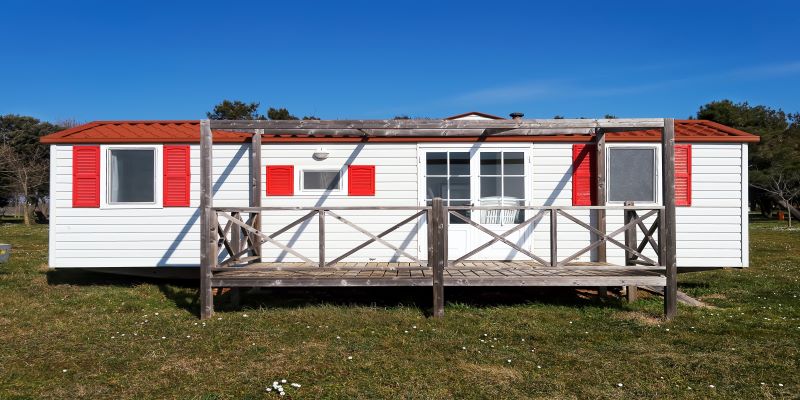
Partition lawsuits, or lawsuits to divide the ownership of a piece of jointly owned property, occur most frequently in Texas in the context of jointly owned real estate. Section 23.001 of the Texas Property Code gives a co-owner of a home, a plot of land, or other real property the right to petition a court to terminate the co-ownership and equitably divide the property among the co-owners. This may be accomplished either by drawing new boundary lines to divide the property into separate lots (“partition in kind”) or by ordering the property to be sold and equitably dividing the proceeds among the owners (“partition by sale”).
Less common, but no less legally valid, are lawsuits to partition pieces of personal property. The ability to seek partition through a court under Tex. Prop. Code Sec. 23.001 is not limited to real estate; joint owners of a single asset (e.g. a freight truck) or a group of assets (e.g an art collection) can also seek to have the joint ownership terminated by a Texas state court and the property divided equitably among the owners.
A mobile home (or “manufactured home” as they are known in Texas law) that sits on land not owned or leased by the homeowner or that has not been converted to real property through a filing with the Texas Department of Housing & Community Affairs (TDHCA) is classified as personal property. Tex. Prop. Code Sec. 2.001. A co-owner of a mobile home that is classified as personal property can pursue partition as an avenue to terminate the joint ownership and divide the property, but must follow the process for a personal property partition.
Suits to partition personal property are initiated in the same manner as other civil suits, with the filing of a petition naming each owner or claimant of the subject property as a party. Tex. R. Civ. Pro. 772. Unlike suits to partition real property, which may be filed in the district court of the county in which the property sits regardless of where the parties live or the value of the property, suits to partition personal property are subject to the standard rules governing jurisdiction and venue in Texas state courts. Tex. Prop. Code Secs. 23.002(a) & (b). These rules include the requirement that the value of the property at issue fall within the jurisdictional limits of the court in which the suit is filed, meaning that a suit to partition a piece of personal property worth less than $250,000 can be filed in a county court but partition of any personal property worth more than $250,000 must be done in district court. Tex. Prop. Code Sec. 23.002(b); Tex. Gov. Code Sec. 25.0003(c)(1). A party wishing to file suit to partition a piece of personal property such as a mobile home should be prepared to offer evidence of the property’s value to overcome any argument that the trial court lacks jurisdiction based on the amount of money at issue.
Whether initiating or defending a partition suit, the assistance of an attorney experienced in ownership disputes and litigation is essential to protect your interests and to ensure that the share of property you receive in the partition is both fair and supported by law.
All information provided on Silblawfirm.com (hereinafter "website") is provided for informational purposes only and is not intended to be used for legal advice. Users of this website should not take any actions or refrain from taking any actions based upon content or information on this website. Users of this site should contact a licensed Texas attorney for a full and complete review of their legal issues.
